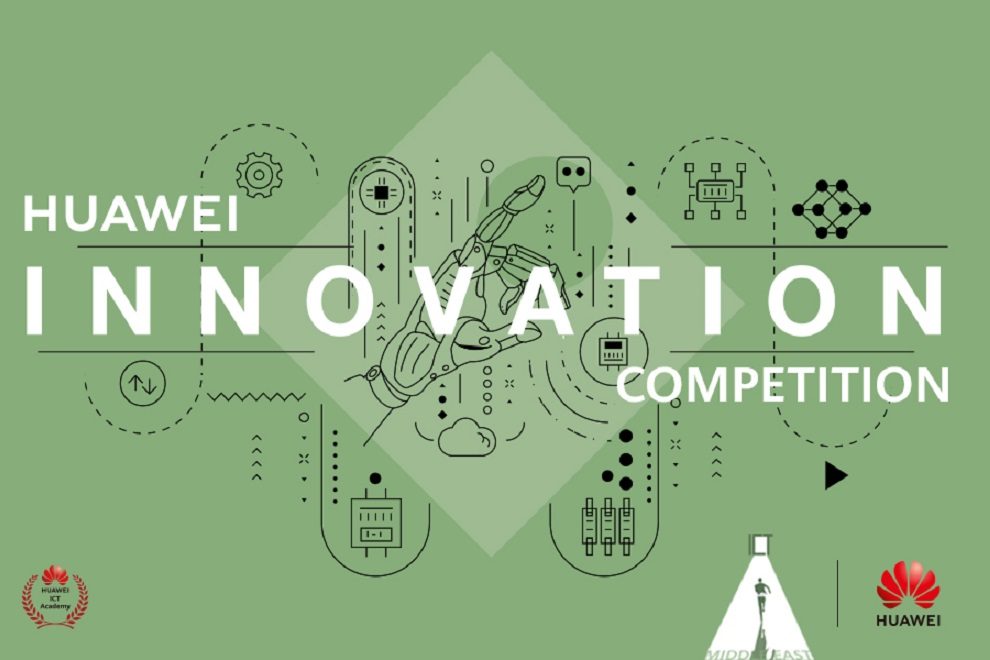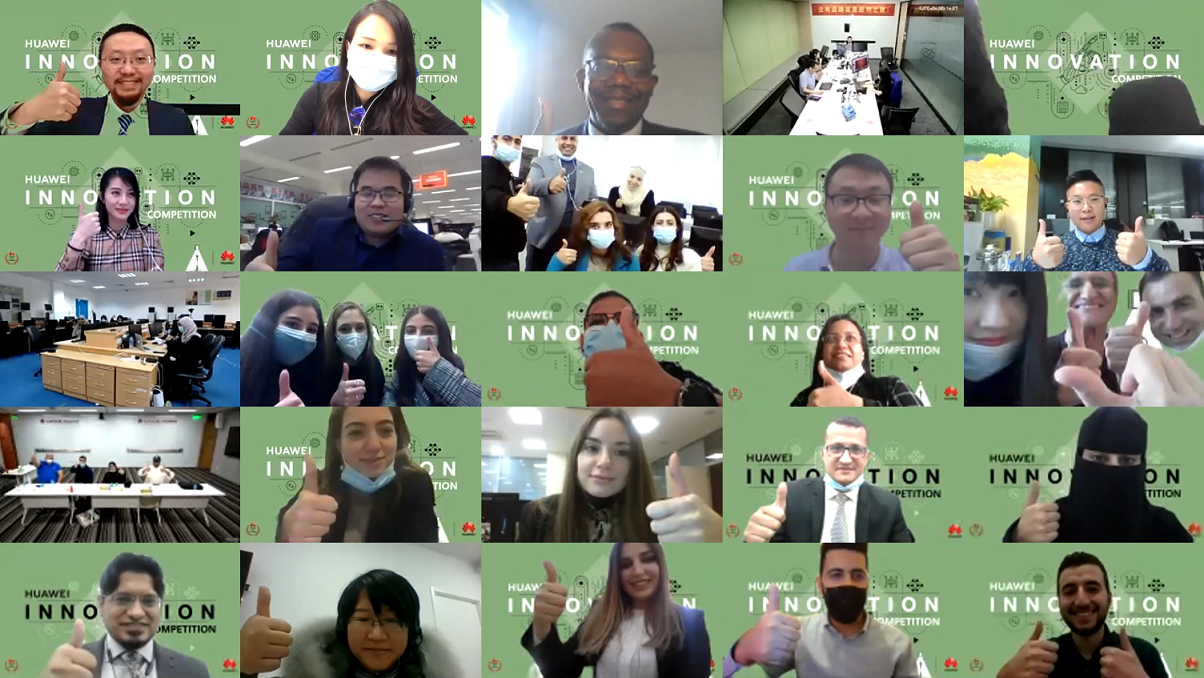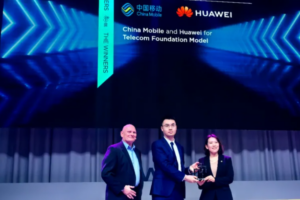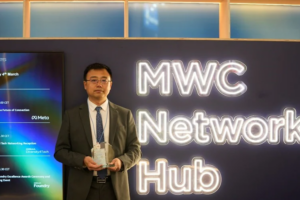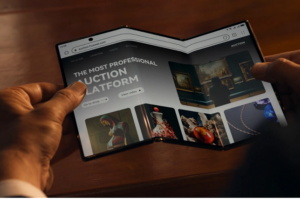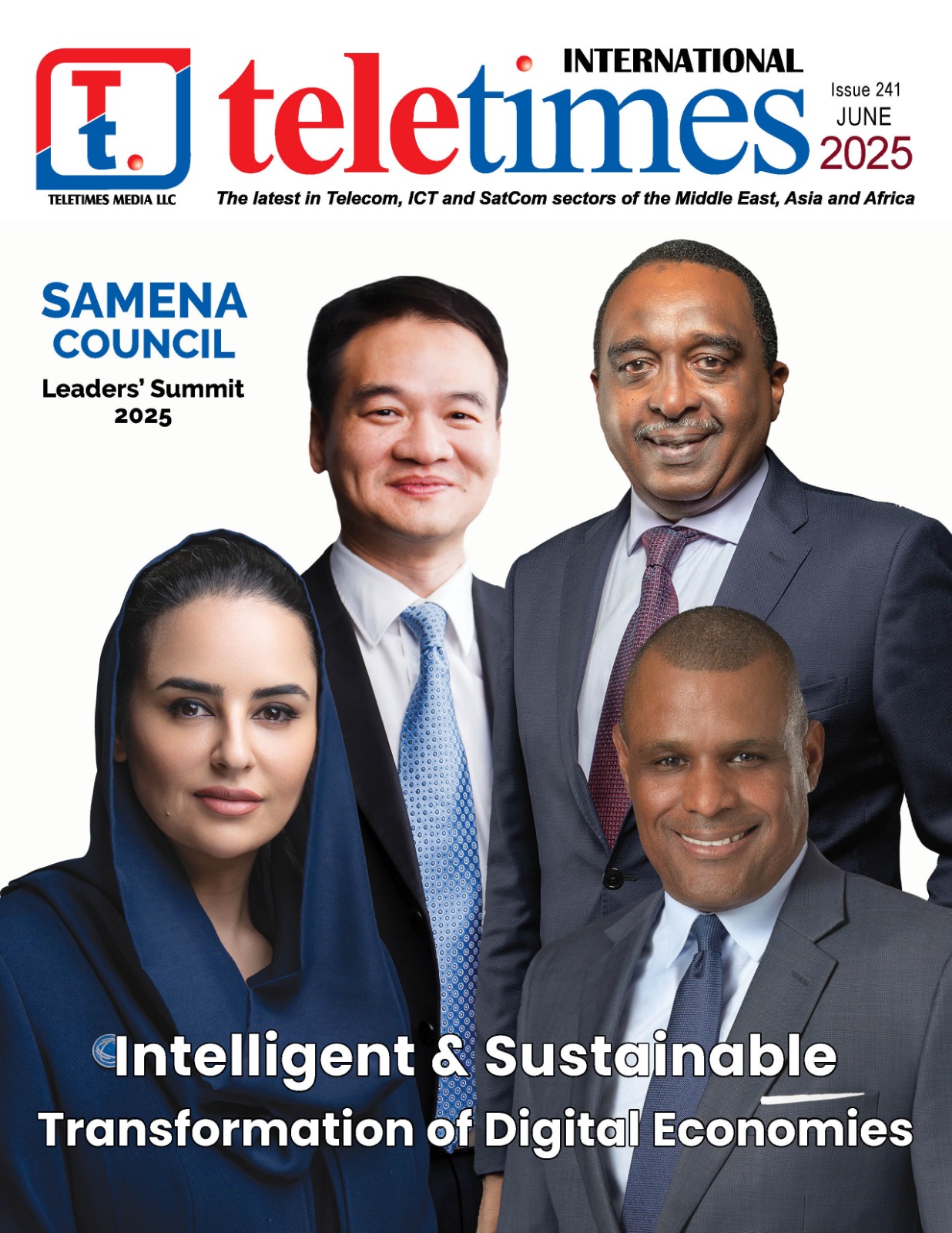Huawei has announced the regional winners of its first-ever Innovation Competition in the Middle East. It is an exciting addition to the successful Huawei ICT Competition, which is part of the company’s ongoing initiatives to develop the global ICT talent ecosystem.
The Huawei Innovation Competition empowers undergraduate students and their teachers to use innovative technologies – such as artificial intelligence (AI), cloud computing, and big data – to create valuable and meaningful applications for society. The inaugural edition of the competition witnessed participation from 10 leading universities from nine countries from the Middle East. Each team consisted of three students and one teacher. During the regional final, each team presented their work to the panel of expert industry judges, with the winners determined based on metrics such as innovative ideas, user experience, industry prospect, model quality, and the difficulty of their work.
The panel of judges included Svetlana Knyazeva, Director of Digital Pedagogy and Learning Materials, UNESCO IITE; Dr. Andoh Hoba, Senior Education Specialist, West Asia, and Africa Programme Office, UNESCO-ICHEI; Li Xiangyu (SpaceLee), Vice President of Middle East, Huawei, and four additional representatives from Huawei.
The first place in the Huawei Innovation Competition went to the team from Princess Sumaya University for Technology in Jordan, comprising Alina Abu siam, Amr Darawsheh, and Leen Abu Shaar. They received a prize of USD20,000. Their teacher, Ammar Odeh, was named Best Tutor, and received a valuable gift from Huawei.
Speaking during the opening of the award ceremony, Jiang Tao, Vice President of the Computing Product Line, Huawei Cloud and AI business group, said: “Huawei has adopted an ambitious long-term research and development strategy for AI that would create unprecedented opportunities for the ICT ecosystem through the synergy of AI with 5G connectivity, cloud, computing, and industrial applications. We look forward to creating new value across these advanced tech domains through collaborations with local AI developers and industry partners to transform our world into a leading data-driven economy.”
Li Xiangyu (SpaceLee), Vice President of Huawei Middle East, said: “In 2020, we launched the Innovation Competition based on the Huawei Atlas 200DK, and we are very glad to see all the participating teams developing excellent projects that are imaginative and innovative. Some teams picked the most popular topic of COVID-19 automatic detection and prevention, some tried to improve health and wellbeing with a remarkable outcome by optimizing the AI baby care. I appreciate the desire of these students and teachers from the Middle East to make a contribution to our world. I believe that the talent we witnessed during the Huawei Innovation Competition will definitely be a force of change in the near future.”
Svetlana Knyazeva, Director of Digital Pedagogy and Learning Materials, UNESCO IITE, said: “UNESCO IITE is committed to promoting the innovative use of ICT and serving as a facilitator and enabler for achieving Sustainable Development Goal of imparting quality education through ICT-enabled solutions and best practices. Huawei’s ongoing work in this field ensures that not only are young people given access to exceptional resources to contribute towards the development of the ICT ecosystem, but that the world as a whole can thrive from the expertise of a new generation of ICT experts.”
Other category winners include:
- Best Technology Award: Weeam Wafeeq Omran Ajoor, Naser Fadhel Alwadaani AlDoseri, Omar Ali Imjali Bani-Issa, and Dr. Riadh Ksantini from the University of Bahrain, Kingdom of Bahrain
- Best Model Award: Mohammed Munir, Mohammed Salim Badr, Mohammed Khalid Awad, and Professor Dr. Belal Al-Khateeb from the University of Anbar, Iraq
- Best Innovation Award: Maria Sarkis, Gaelle Bou Mansour, Rodaina Fayad, and Dr. Marita Hojeij from the Holy Spirit University of Kaslik, Lebanon
- Best Application Prospect Award: Uzair Ahmed, Muhammad Inam, Gulfam Hussain, and Dr. Ghulam Abbas from the Ghulam Ishaq Khan Institute of Engineering Sciences and Technology, Pakistan
- Best User Experience Award: Tareq Al Zayyat, Zainab Atef Aboalhassan, Yasmeen Saleh Burezq, and Abdulrahman Serhan from the Kuwait College of Science and Technology, Kuwait
- Excellence in Health and Wellbeing Award: Shoaib Shabbir, Arooj Zain, Umer Iodhi, and Dr. Muhammad Usman Ghani Khan from the University of Engineering and Technology, Lahore, Pakistan
- Excellence in Helping Vulnerable Group Award: Mohammed Alohaydab, Anas Alraddadi, Reem Algabani, and Dr. Mohammed Faisal Naji from the King Saud University, Kingdom of Saudi Arabia
- Excellence in Promoting Sustainable Development Award: Maryam Mohammed Ali Al Amri, Khaloud Hamed Rashid Al Maamari, Fatema Rashid Said Al Buraiki, and Dr. Venkadeshan Ramalingam from the University of Technology and Applied Sciences – Shinas, Oman
- Excellence in Productivity Improvement Award: Mohamad Mejren, Abdulrahmad Aljesmi, Ahmad Albanai, and Professor Wathiq from the University of Dubai, UAE.


